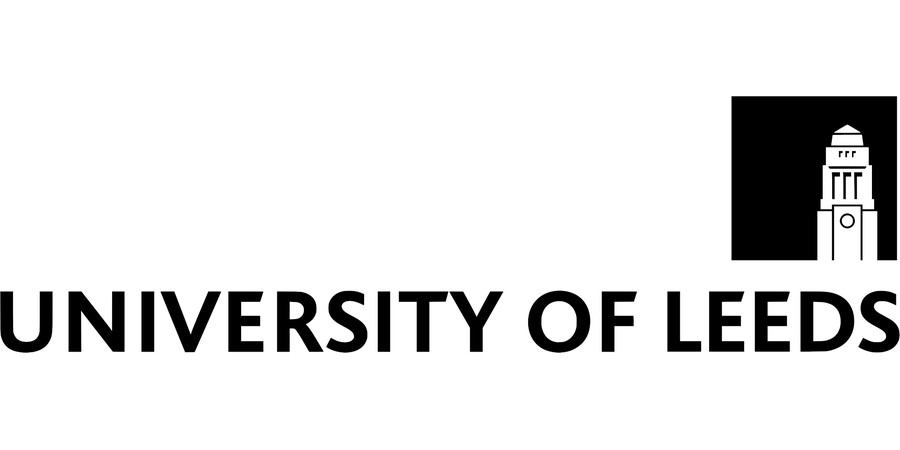Research Fellow in Ethnobotany and Resilience in the Tama Community Conservation Area (Ethiopia)
University of Leeds - Faculty of Environment - School of Earth and Environment - Sustainability Research Institute (SRI)
| Location: | Leeds |
|---|---|
| Salary: | £39,105 to £46,485 per annum depending on experience (Grade 7) |
| Hours: | Full Time |
| Contract Type: | Fixed-Term/Contract |
| Placed On: | 12th December 2024 |
|---|---|
| Closes: | 17th December 2024 |
| Job Ref: | ENVEE1777 |
Location: Leeds - Main Campus
Contract type: Fixed Term (until 31st October 2027 to complete specific time limited work)
This role will be based on the university campus, with scope for it to be undertaken in a hybrid manner. We are also open to discussing flexible working arrangements.
Do your research interests concern ethnobotany and its role in climate resilient livelihoods for agro-pastoralist communities? Are you skilled in qualitative and mixed methods research? Have you experience working in interdisciplinary teams? Have you got experience in Ethiopia?
We are seeking a Research Fellow to fulfil a key role in a new grant-funded project “Biodiversity potential for resilient livelihoods in the Lower Omo, Ethiopia”. BioRes is new project studying biodiversity’s role in climate resilience for communities living in the newly-formed Tama Community Conservation Area (CCA), South Omo zone of the Southern Nations, Nationalities and Peoples' Region (SNNPR), Ethiopia. Over the next three years, BioRes will explore plant and mammal biodiversity, the values of this biodiversity for local communities, and its role in resilient livelihoods, under both current and future climate conditions, to inform the CCA’s regulations.
As such this is an interdisciplinary and engaged research programme, working with academic partners from the UK and Ethiopia (Arba Minch University) through the Omo-Turkana Research Network (OTuRN), local NGO Cool Ground, the CCA management, and communities from the Mursi, Bodi, Kwegu, and Aari politico-territorial groups.
You will lead data collection in the Tama CCA regarding plant biodiversity, livelihoods, and resilience, exploring the role of plant biodiversity and traditional ecological knowledge on food security and resilience to climate change. Data collection is mostly qualitative and mixed methods – we will be using participatory methods such as resource mapping, interviews and focus groups, and supplementing with some survey work, which will be led by AMU colleagues but with your technical support in protocol development and implementation. You will also work closely with a second Research Fellow focused on ethnozoology.
Please note that this post may be suitable for sponsorship under the Skilled Worker visa route but first-time applicants might need to qualify for salary concessions. For more information please visit: www.gov.uk/skilled-worker-visa.
For research and academic posts, we will consider eligibility under the Global Talent visa. For more information please visit: https://www.gov.uk/global-talent
What we offer in return
- 26 days holiday plus approx.16 Bank Holidays/days that the University is closed by custom (including Christmas) – That’s 42 days a year!
- Generous pension scheme plus life assurance– the University contributes 14.5% of salary
- Health and Wellbeing: Discounted staff membership options at The Edge, our state-of-the-art Campus gym, with a pool, sauna, climbing wall, cycle circuit, and sports halls.
- Personal Development: Access to courses run by our Organisational Development & Professional Learning team.
- Access to on-site childcare, shopping discounts and travel schemes are also available.
And much more!
To explore the post further or for any queries you may have, please contact:
Dr. Jennifer Hodbod
Email: j.e.hodbod@leeds.ac.uk
Advert information
Type / Role:
Subject Area(s):
Location(s):









